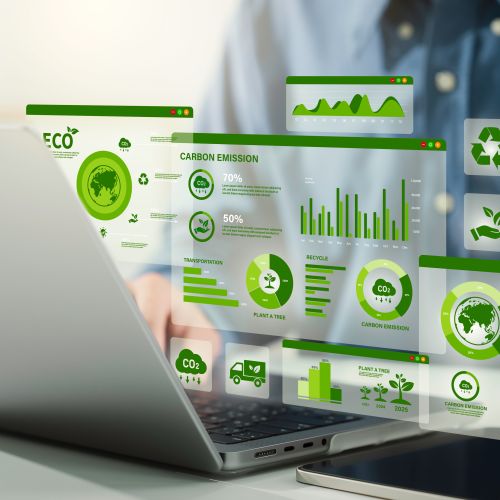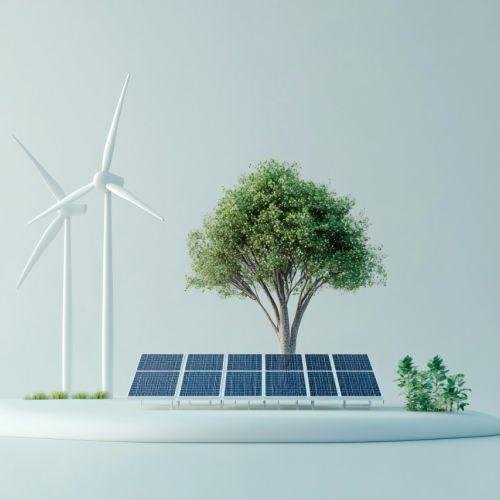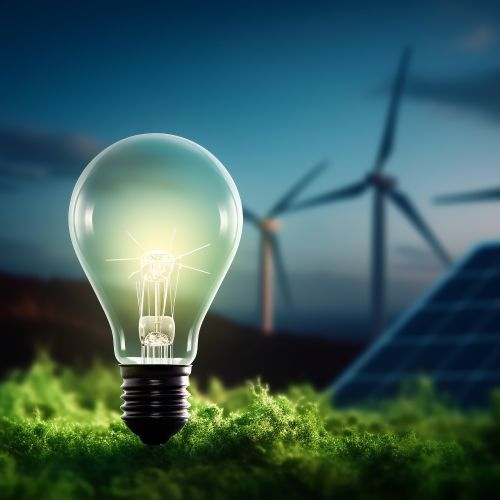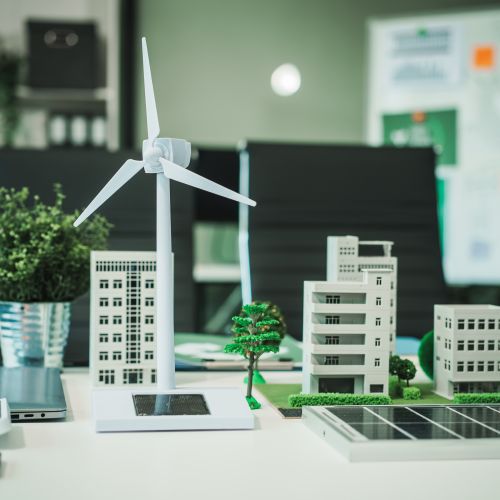Climate Change: Past, Present and Future
- Environmental, Social & Corporate Governance
This programme is conducted online and on-campus.
This module is only offered to those taking the Industry Practice Master of Digital Economy.
To use your SkillsFuture Credit, please submit your claim through our payment portal. Do not submit the claim manually via the SkillsFuture page. Please refer to our step-by-step guide here.
2 days
Weekdays (7pm - 10pm)
Overview
Subjects include the history of climate science, understanding climate change as a complex problem, the role and efficacy of modern-day organisations in tackling climate change, and specific climate-induced challenges facing humanity, such as urban heat and extreme weather. The multidisciplinary approach will demonstrate how each individual discipline offers powerful frameworks and tools to understand and engage with climate change in all its complexity.
Learning Objectives
- Provide exposure to multidisciplinary approaches to engage with the complex challenge of climate change
- Think through the impacts of climate change on societies at local, regional and global scales
- Enable learners to engage with current research methods and theories and put forward their own ideas and solutions to complex problems
Topic/Structure
Topic 1: Climate Change: Past, Present and Future
This session introduces the course by exploring the basics of the current climate situation. It will cover what is known about the climate system, the shift from thinking about local to global climates, and the evidence for climate change. The session will also consider the development and role of international organisations - like the Intergovernmental Panel on Climate Change (IPCC), in knowledge generation and contemporary policy making.
Topic 2: Climate Change and its Impacts: Can We Learn from the Past?
This session explores the influence of long-term climatic shifts on societies and cultures worldwide. By examining the intricate interplay between environmental dynamics and human civilisation, it demonstrates how these changes have shaped collective history and present realities. The session also examines the consequences of short-term and extreme climatic events, highlighting their critical role in intensifying human vulnerability. Through case studies and empirical evidence, it seeks to explain the mechanisms by which abrupt climatic fluctuations destabilise societies, test resilience, and exacerbate vulnerability. Ultimately, the session presents the past as a laboratory for better understanding the potential impacts of contemporary and future climate change.
Topic 3: Climate Science: History and Controversy
This session explores the evolution of climate science during the period from the 1930s to the 1960s, often regarded as a watershed moment in the field. The Second World War, the Cold War, the demands of commercial agriculture, a growing population and the burgeoning aviation industry all played a significant role in furthering the science of climate. At the same time, ideas about human impact on the natural world were also evolving and debates ensued as to what extent humans ought to deliberately alter the earth. The session examines the evolution of climate science and the many influencing factors that contributed to a deeper understanding of the atmosphere.
Topic 4: Climate Change: A Wicked Problem
This session delves into the challenge of climate change as a ‘wicked problem,’ comparable to solving a complex and ever-evolving puzzle where each component influences the others in unpredictable ways. This challenge is what’s known as a ‘wicked problem’ because it intertwines environmental, economic and social factors, making simple solutions elusive. Addressing it requires global effort, with a willingness to experiment, adapt and embrace innovative approaches. By recognising climate change as such a multifaceted challenge, the session highlights the necessity of collaborative and flexible strategies that anticipate ongoing adjustments and learning. This perspective is key to developing effective responses that can navigate the intricacies and trade-offs inherent in addressing a problem as complex as climate change.
Topic 5: Communicating on Climate Change
Imagine trying to explain the taste of a durian to someone who has only ever had an apple. That’s a bit like the challenge we face in communicating on climate change. This topic addresses the task of translating the complex and often abstract world of climate science into concepts and images that resonate personally. The session emphasises that effective communication goes beyond simplifying scientific data, focusing on overcoming the ‘psychological distance’ many perceive toward climate change—a phenomenon that can feel too distant, vast, or abstract to relate to daily life. To bridge this gap, innovative communicators are using storytelling, interactive visuals and immersive virtual reality experiences to make the effects of climate change feel immediate and real. By reframing complex data as scenarios, the session demonstrates how climate change can be transformed from a distant concern into an urgent reality.
Topic 6: Effective Climate Change Solutions: Adaptation and Mitigation
This session considers climate adaptation and what this means for humanity. It asks, is there such a thing as a solution to climate change at this stage? Or is successful adaptation the only way forward and, if so, what might adaptation look like? Using real-life examples of mitigation and adaptation, it explores a climate resilient future.
Assessment
To pass the module, learners are required to obtain at least a ‘satisfactory’ grade. Assessment will be by a Multiple-Choice Question (MCQ) paper conducted on a locked-down browser via E-Learn.
Participants are required to attain a minimum of 75% attendance and pass the associated assessment in order to receive a digital Certificate of Completion issued by SMU Academy.
Fee Table
Course Fee: $327 (includes 9% GST)
There is no funding for this course.
Please note that the programme fees are subject to change without prior notice.
Intake Information
Next Intake: 19 & 26 Sep 2025 [Registration Closed]





